 Researchers have retracted a 2015 Nature paper about the molecular underpinnings of immune function after discovering they could not replicate key parts of the results.
Researchers have retracted a 2015 Nature paper about the molecular underpinnings of immune function after discovering they could not replicate key parts of the results.
The first author, Wendy Huang — who started working as an assistant professor at the University of California, San Diego, only months after the paper appeared — did not sign the retraction letter, published last week. The research was conducted while Huang was working as a postdoctoral fellow at New York University, home of last author Dan Littman (also an investigator at the Howard Hughes Medical Institute).
What happened appears to be a case of “he said, she said:” Littman asked to retract the paper after his lab couldn’t reproduce it, and Huang insists the data remain correct, saying the process had been “unfair and done without due process:”
Continue reading Researchers pull Nature paper over first author’s objections
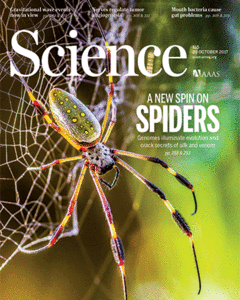 Science
Science
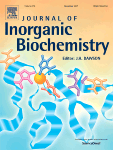
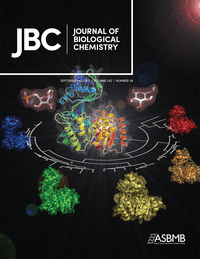 The
The 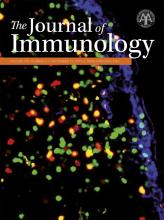 Two journals have retracted papers by a biologist who was
Two journals have retracted papers by a biologist who was 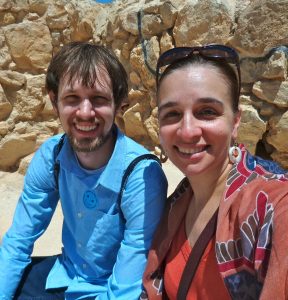
 For the second time, a journal has quickly retracted a study that suggested vaccines raise the risk of autism and other neurodevelopmental disorders.
For the second time, a journal has quickly retracted a study that suggested vaccines raise the risk of autism and other neurodevelopmental disorders. A scientist who sued his employer for millions of dollars has earned two more retractions, for papers that had already been flagged by the journal.
A scientist who sued his employer for millions of dollars has earned two more retractions, for papers that had already been flagged by the journal.